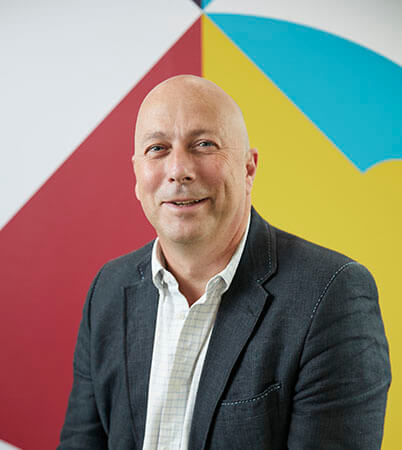WE EXIST in an ageist society which it is difficult to escape, warns STEVE BUTLER, author, documentary maker, and CEO at financial planning firm Punter Southall Aspire.

Butler shares his perspective on the unconscious bias surrounding age in a documentary from the Chartered Management Institute entitled Workplace in Review: Age.
Unconscious bias is everywhere, he says, and most firms “are just ignoring age discrimination”. Bias plays out in the workplace through stereotypes, he says.
“It’s easy to stereotype an older worker as being no good with technology, not wanting to be involved in training, or not being ambitious. These assumptions are rife in the workplace and can impact the individuals and shape their behaviour.
“By failing to recognise this, firms will lose older workers. They want to save money, so they make older, senior people redundant. This is not great … UK firms are struggling to recruit and holding on to older workers has never been more vital.”
More than 700,000 Britons over the age of 50 have left the workforce since the pandemic hit. But a recent Office for National Statistics survey found a good proportion of unemployed people aged 50 to 65 would consider returning to the workforce.

Demographics are also compounding the problem. Today, 19 percent of the population is aged 65 and over. In ten years’ time, this will have increased to 22 percent. “By 2025, there will be one million more people aged 50 and over, and 300,000 fewer people 30 and under in the workplace.
“Demographics are shifting, and people are leaving the workplace early. This is resulting in a real talent squeeze with fewer people joining the workforce from a smaller demographic at the younger end. Firms need to wake up and tackle age unconscious bias, otherwise their future business could be impacted.”
The solution starts with talking about it, says Butler, and normalising the conversation around age. Age must be added to the diversity and inclusion processes. Don’t aim recruitment ads only at younger workers. “It’s also about opening channels of communication between the different age groups in the business otherwise conflict will arise.
“All research suggests multi-generational workforces are more innovative and productive. My older workers have more experience in managing client relationships, handling difficult conversations, and delivering services to clients.
“Younger colleagues have the ability to challenge the way we do the work, they come with new ideas about the way that we should work and the way that we deliver work to clients.
“By getting the two groups to work together, we can offer a better service to our clients. Organisations have the chance to turn the changing demographics into something positive.”
Steve Butler is an author and CEO at Punter Southall Aspire
Documentary: https://www.youtube.com/watch?v=0rOYziVDE50




























